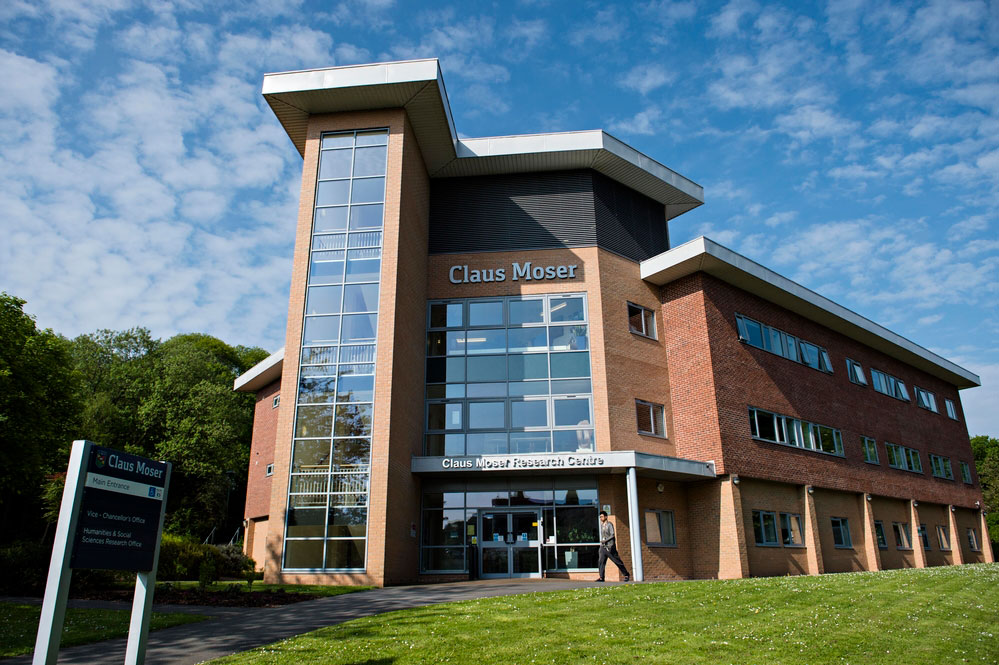Welcome to the Keele Institute for Innovation and Teaching Excellence
The Keele Institute for Innovation and Teaching Excellence (KIITE) is dedicated to supporting our academic colleagues to deliver a high-quality student learning experience across the breadth of the Keele curriculum. We work in creative partnership with colleagues on programme design, module development and delivery through our Curriculum Design and Learning Design teams. Our Learning Innovation Technology team supports the use of core technologies such as the VLE and Panopto along with digital tools and emerging technologies such as AI. We also provide educational development through programmes and award schemes to those supporting teaching and learning delivery.






-960x640.jpg)


